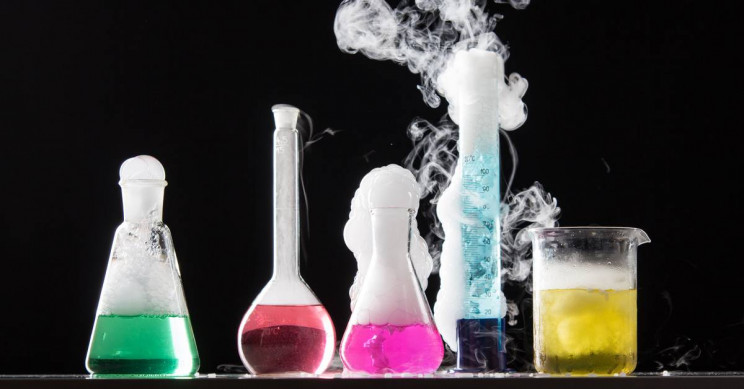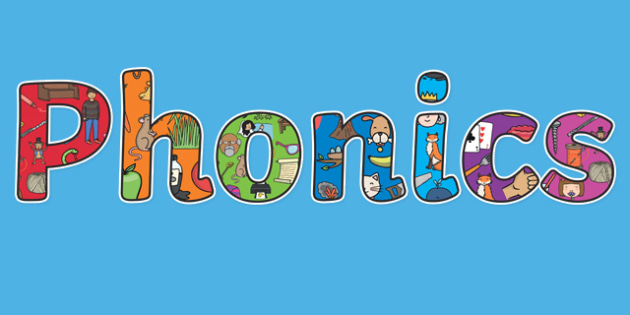Science Experiments
13-05-2022 | By / Super Admin
Science is a system of acquiring knowledge through observation and experiment. This helps to explain and describe the natural phenomenon. The essence of how science and technology contributes to society is the creation of new knowledge, and then utilization of that knowledge to boost the prosperity of human lives, and to solve the various issues facing society.
Scientific experiments are a fun and exciting way to learn more about the wonderful world of science. In its simplest form, an experiment is simply the test of a hypothesis. The experiment is the foundation of the scientific method, which is a systematic means of exploring the world around you. Although some experiments take place in laboratories, you could perform an experiment anywhere, at any time.
Science experiments promote discovery and learning. Discovering new ideas is an integral part of learning science. It is something that teachers can’t give to students. Students themselves have to discover new ideas and concepts during their search for knowledge. The goal of the experimental method is to provide more definitive conclusions. An experiment usually tests a hypothesis, which is an expectation about how a particular process or phenomenon works. However, an experiment may also aim to answer a “what-if” question, without a specific expectation about what the experiment reveals, or to confirm prior results.





